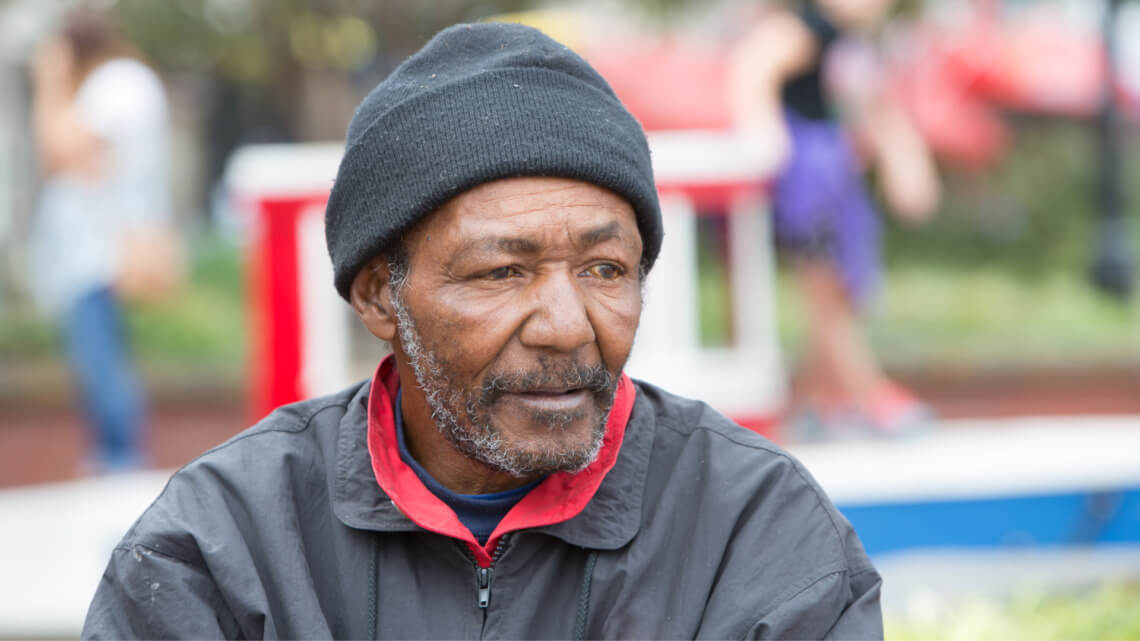“With this CONEX project, we want to provide correct and complete information to interested migrants. This information is adapted to each situation“, say Febe Struyve and Louise Martens, respectively responsible for the CONEX project in Latin America and Africa.
“For this project we are supported by Fedasil”, explain Febe and Louise. “The focus is on awareness-raising: for migrants who are thinking about their future, accessible information allows them to make informed decisions and take a long-term view. Voluntary return and reintegration in their home country are among the possibilities.”
REINTEGRATION SUPPORT
“I know that many people left Latin America because they had no hope,” says Arnoldo Urbina of Caritas Santiago de Maria, one of Caritas’s partner organizations. “But many people were frustrated. They didn’t find what they were looking for in Belgium. They also have to realize that all these experiences are valuable in themselves. Our country is not easy, but we are getting by as best we can. And if you are thinking about coming back, we are here to welcome you and guide you.”
“Since 2020, we have been working systematically with people returning from Belgium,” explains Arnoldo Urbina. “We guide them to reintegrate after their return, which is not always easy. Most of them choose mainly to start a small business or to use their reintegration assistance to pay rent or buy furniture. Of course, it all depends on their situation and the opportunities available to them. But we are there with our whole team to support them.”
>> ALSO READ: Voluntary return
CORRECT AND UPDATED INFORMATION
It is important that (frontline) services and volunteers who are in direct contact with the target group have accurate and up-to-date information, or at least know where to get it and whom to contact. Caritas International then provides information in a humane, careful, and transparent way to undocumented persons, as well as to anyone else who might be interested in voluntary return.
MEETING WITH DIASPORAS
In 2021 and 2022, several actions and activities were carried out within the framework of the CONEX project. Caritas International is now focusing on West Africa and Latin America. “We mainly work with diaspora organizations to inform about the voluntary return option through them,” explain Febe and Louise. “In 2021, we gave information sessions to frontline staff and key people in the diaspora. Now there is a follow-up, with information sessions for the target group itself; to these people we want to explain what support Caritas can offer.”
There is a lot of misinformation about voluntary return and reintegration. This does not make it easy to communicate about it. “It is crucial to have direct contact with migrants and diasporas. This gives us an excellent opportunity to provide correct and clear information.”
Podcast
Caritas International is also working on several podcast episodes dealing with voluntary return and reintegration. “We collaborate with different actors involved in return. In this way, we make it easier to get information. Those who are interested in voluntary return can learn more in a more casual way through the podcasts.”










